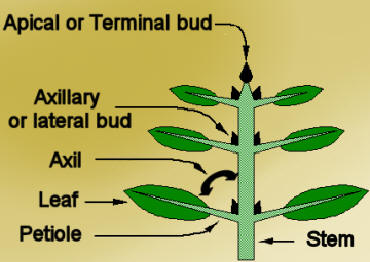common mistakes native speakers commit...
source: inglesnapontadalingua.com.br
“I could care less.”
“I couldn’t care less”.
“A mute point.”
“a moot point” “assunto irrelevante, sem importância”, desnecessário”.
“You have another thing coming.”
“you’d better have another think coming" “pode tirar o cavalinho da chuva"


If you think I’m going to help you, you’d better have another think coming.
“I nipped that problem in the butt.”
“Nip a problem in the bud” equivale a “cortar o problema pela raiz”, mas BUD é como "broto"
“He did that on accident.”
“He did that by accident”
“I should of helped them. “
“I should have helped them” O problema é que a palavra “have” é pronunciada de modo fraco – /əv/ – e soa igual ao som fraco de “of” – /əv/ (...)
“She could feel her hunger pains.”
“hunger pangs”. “Pang” significa “dor aguda”, “pontada”; mas, a combinação “hunger pangs” pode ser traduzida apenas como “fome” (aquela fome que incomoda ao extremo).
“This is going to wreck havoc on our plans.”
“This is going to wreak havoc” (causar danos, causar estragos, causar grandes transtornos). Por alguma razão desconhecida muita gente fala “wreck” e não “wreak”. Portanto, mais um errinhos que os falantes nativos cometem.
source: inglesnapontadalingua.com.br
